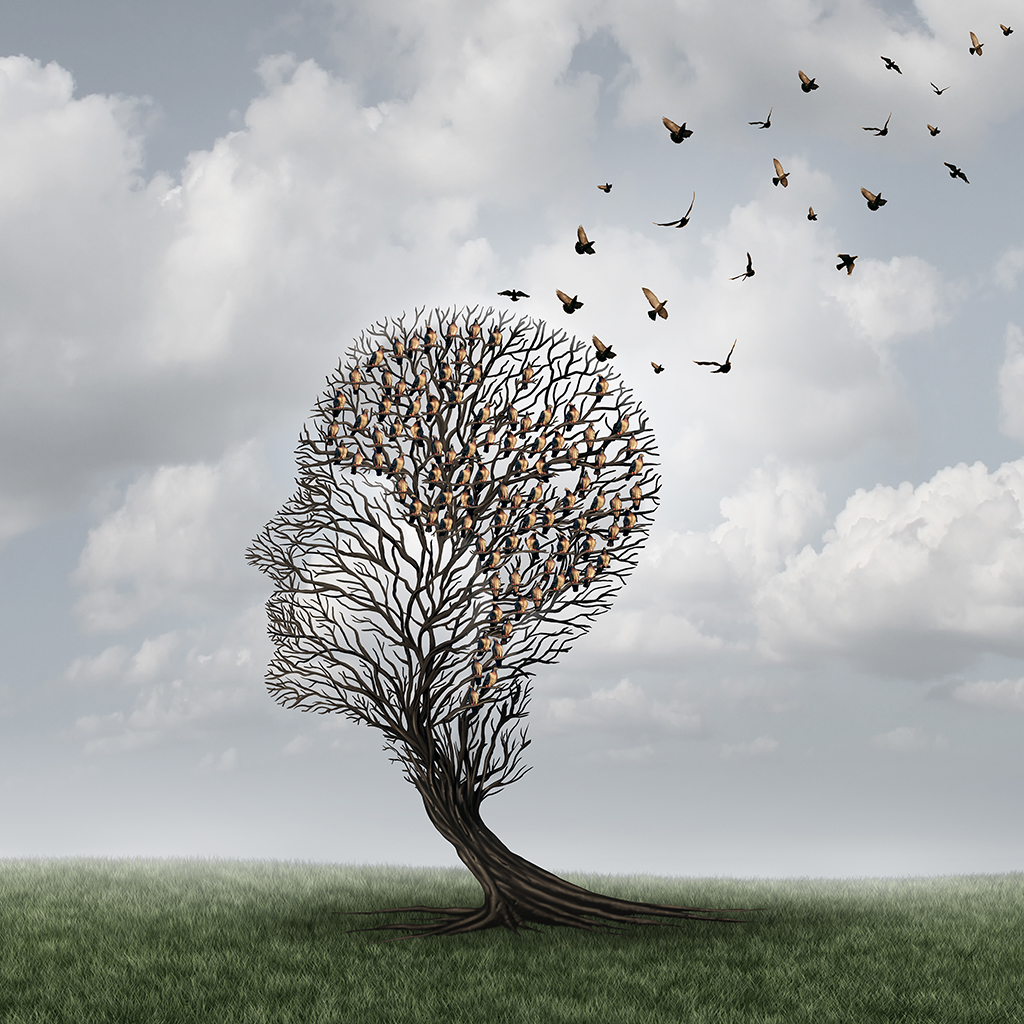3 Stages of Alzheimer’s Disease | Cahoon Care Associates

Do you know a senior with Alzheimer’s disease? It can be upsetting to hear that a loved one has Alzheimer’s, but the more you know, the better you’ll know what to expect. When you know what a parent or loved one will be dealing with, you can also ensure that all of their care needs are met.
What You Need to Know About the 3 Major Stages of Alzheimer’s Disease
Alzheimer’s is a progressive disease that can be identified by three major stages – early, middle, and late stages. Symptoms worsen over time, but each person progresses through Alzheimer’s differently. According to the Alzheimer’s Association, people with Alzheimer’s have changes in their brain years before the disease can be recognized.
Below are the three major stages of Alzheimer’s disease, as defined by the Alzheimer’s Association. The stages overlap so that a person may fit into multiple stages simultaneously. If you know someone who needs Alzheimer’s care, contact Cahoon Care.
Early-Stage Alzheimer’s Disease
A person in the early stage of Alzheimer’s usually has mild symptoms. They can often still function independently, drive, work, and attend social functions. Although people may function regularly, they may have memory lapses, such as forgetting familiar words. Friends and family may begin to notice these issues.
People in the early stages of Alzheimer’s disease may face the following challenges:
- Quickly losing or misplacing objects
- Difficulty remembering common words or remembering the names of new acquaintances
- Difficulty planning or organizing in both home and work settings
- Increased difficulty performing basic tasks at home and work
A person in the early stage may benefit from a well-organized home and schedule. Introducing reminders, such as a phone alarm to signify events, may help. Medication reminders can also help ensure proper dosages if the person is on medications.
Middle-Stage Alzheimer’s Disease
People tend to spend years in the middle stage of Alzheimer’s. During the middle stage, a person’s care needs can increase dramatically as they have trouble performing daily routines.
You may see the following symptoms when a person is in the middle stage:
- Forgetting essential aspects of personal history and past events
- Forgetting important information, like their home address or phone number
- Overall confusion about what day it is and where they are
- Increased wandering; some people may get lost even in familiar settings
- Personality changes; often, people display increased paranoia, repetitive behavior, and mood swings
- Socially withdrawing
- Changing sleep patterns
A person in the middle stage has more care needs. They often need increased supervision to ensure they stay safe, and you will need to take over responsibilities for scheduling appointments, paying bills, and maintaining the home. A home care professional can help meet your loved one’s needs.
Late-stage Alzheimer’s Disease
The late stage of Alzheimer’s is marked by severe communication restrictions and, eventually, an inability to respond to the environment. Communication is difficult for a person, and their memory worsens.
You may notice the following symptoms during the late stage:
- Loss of awareness of surroundings and events
- Decreased, altered communication
- Changes in and loss of physical abilities like walking, standing, and sitting
- Vulnerability to infections and illnesses
In the late stage, people need full-time care. They often need help with basic tasks, like walking or moving. The late stage brings with it tough care decisions for the family but tends to last for a shorter period than the other Alzheimer’s stages.
Home Care and the Stages of Alzheimer’s
People with Alzheimer’s need extra care during all three stages. In-home care allows seniors to stay in the familiar setting of their homes while providing them with the one-on-one care they need.
At Cahoon Care, we specialize in tailoring our care to meet the individualized needs of people with Alzheimer’s. Our caregivers have extensive experience in providing Alzheimer’s care and understand the challenges that can come with Alzheimer’s disease.
If you need help caring for a loved one with Alzheimer’s, don’t hesitate to contact us to learn more. We would be happy to speak with you to determine the proper care option for your loved one.
